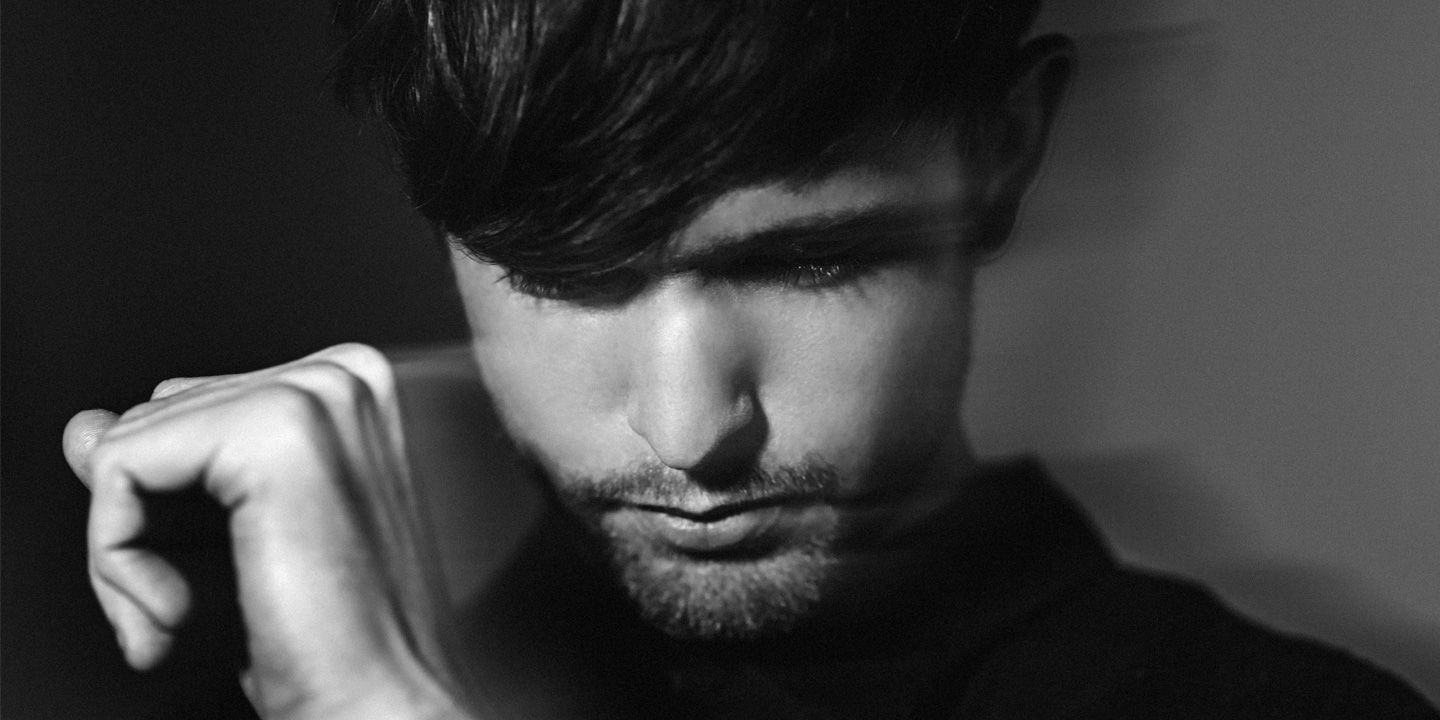James Blake’s "Friends That Break Your Heart" is refreshingly straightforward
by Juliette Grijalva
2021-10-29

James Blake is celebrated for his unusual and experimental style of music. During his early career, Blake developed a disruptive style. His music tested the limits of electronic music, commonly using ballads within his song structures and adding odd noises to achieve his signature feel. Blake’s 2011 debut studio album serves as a great example of the types of experimental sounds the artist is capable of. The album is marked by soulful melodies and re-shaped vocals, and over the years it continues to remain one of Blake’s most popular works. Blake’s impact on the music industry can be measured through the success of his own albums, but most often, he’s recognized for his work with renowned artists like Beyonce, Frank Ocean, and Kendrick Lamar. Blake has managed to uniquely mix his electronic bleeps and unusual vocal registers with mainstream hip-hop and rap, in turn creating a certain sound and feel that he’s come to be known by. In Blake’s 2019 record, Assume Form, he dove deep into his innermost thoughts. The seriousness of this album gave way to tracks that used lapses of silence offset by electronic blips and vulnerable lyrics. In his newest album, Friends That Break Your Heart, Blake takes a more traditional approach.
From the lighter lyrics to the less challenging melodies, this album has proven to be less experimental and more straightforward. Friends That Break Your Heart tells the story of a loss of friendship. Blake uses delicate vocals and subtle pop to portray feelings of loss and pain. On “Friends That Break Your Heart,” he sings, “In the end it was friends / It was friends who broke my heart.” The simple lyrics paint a clear image, evoking a sense of self-reflection that persists throughout the entire album. In “Say What You Will,” Blake speaks about his relationship with the industry, and, with a bitter undertone, admits that even though his music might not please the masses, that’s OK: “I might not make all those psychopaths proud / At least I can see the facеs of the smaller crowds.”
The reflective and relatable nature of Friends That Break Your Heart brings forth a new warmth that Blake had not encapsulated before. In a very human way, Blake alludes to different insecurities that run through his mind and the weight of losing friendships. The more conventional sounds that make up this album lead to slow tracks and a sense of comfort. This may not be Blake’s most groundbreaking work, but in a way, the audience can experience his creative process in a digestible manner, almost as if talking to an old friend.
